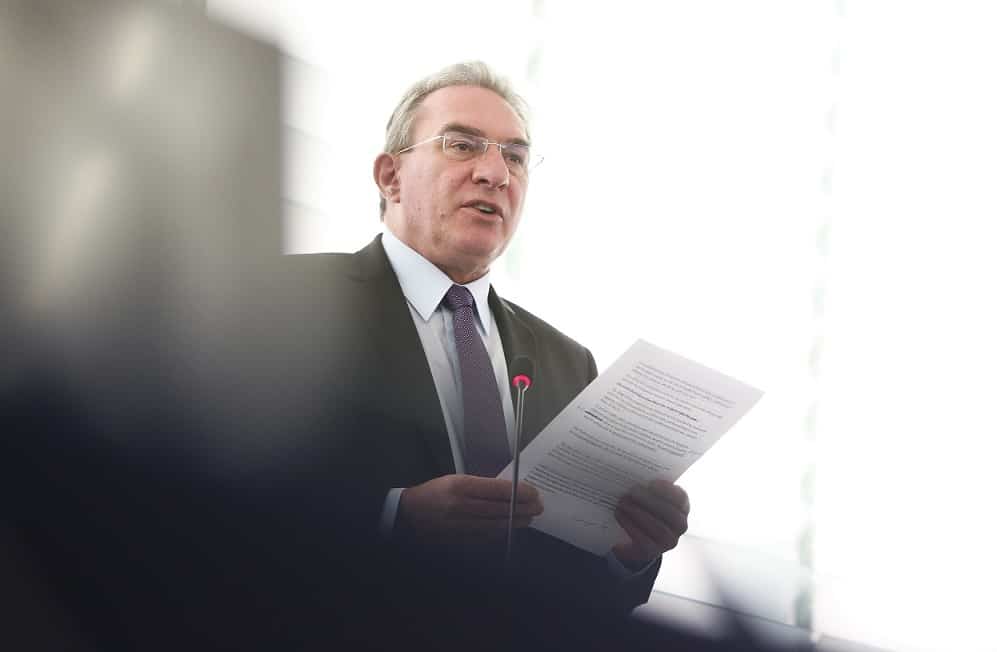Conflict Minerals Regulation: efficient and SME-friendly
“The vicious circle has now been broken”, said Iuliu Winkler MEP during today’s debate on the Conflict Minerals Regulation in the European Parliament. The importers of tin, tantalum, tungsten and gold (3T&G), the so-called conflict minerals, will have to carry out mandatory due diligence checks on their suppliers and prevent armed revolts or human rights violations being financed by the illegal revenue from minerals extraction and trade. “The interests of communities and people caught in war and conflict are our priority. The new Conflict Minerals Regulation has the power to improve reality on the ground in war zones”, said Winkler, the Parliament’s Rapporteur.
The recognition of due diligence schemes proposed by industry associations and responsible sourcing partnerships has become the central element of the Conflict Minerals Regulation. All industry initiatives have to comply fully with the international OECD due diligence guidelines elaborated to help companies respect human rights and avoid contributing to conflict financing. “It is important that all companies whose products contain tin, tungsten, tantalum or gold in their supply chain will be encouraged to monitor their sources. Compulsory checks for importers will ensure that minerals or metals sold on the European market are not used to finance conflicts, particularly in mineral-rich countries affected by conflicts or war”, explained Winkler. The European Commission had originally proposed a voluntary system of checks, but Parliament enforced the Regulation which now provides for mandatory due diligence for the European smelters, refiners and importers of minerals and metals.
Conflict Minerals are used in the production of many high-tech devices in Europe. To protect SMEs and minimise bureaucracy and red tape, the Regulation offers an exemption for the smallest importers, like dentists and jewellers, based on a threshold system. “Our aim was to create an efficient and workable Regulation, and we fully succeeded. Now we will carefully monitor the uptake by European companies and if necessary, we will adjust the system making use of the powerful review clause included in the provisions of the Regulation”, concluded Iuliu Winkler.








